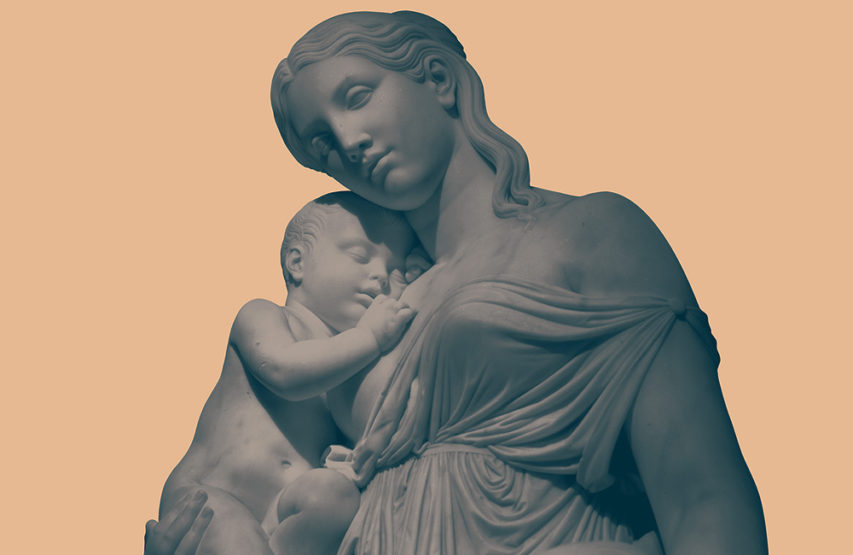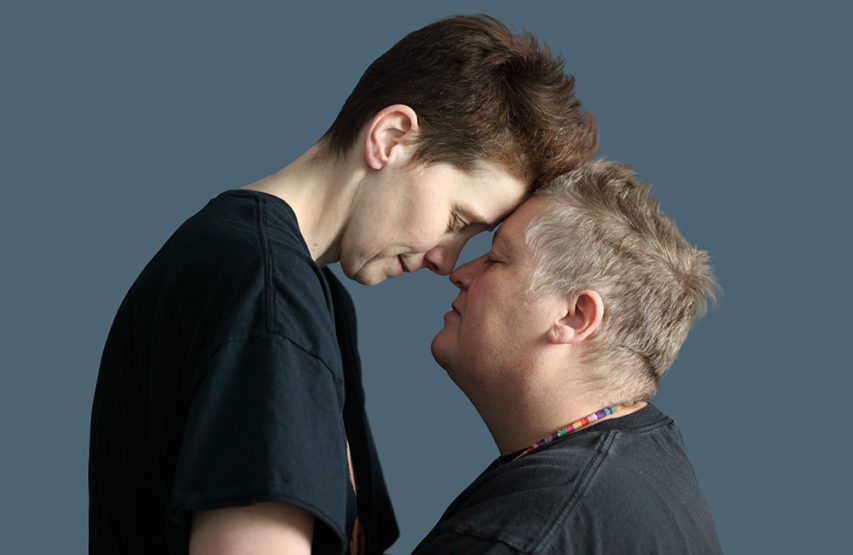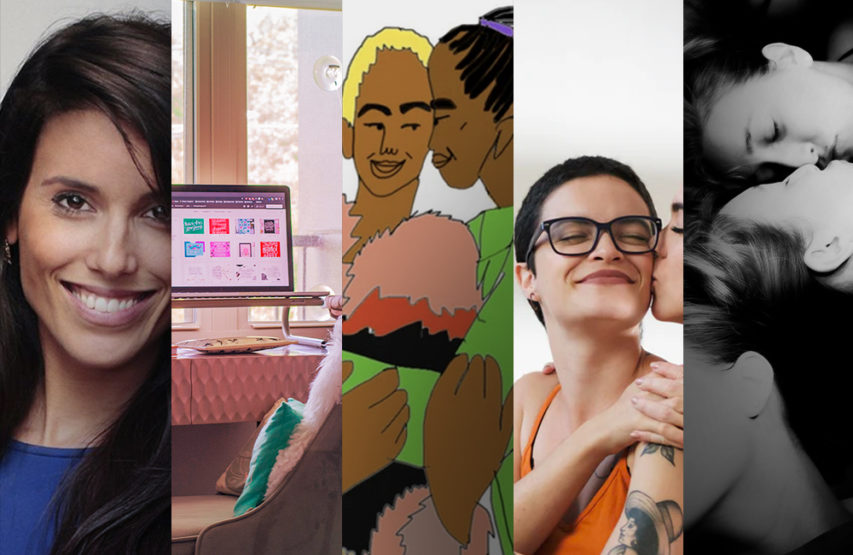
I’ve asked over 500 people married 40, 50 and more years what is most important for a long and happy marriage. To my surprise, their advice was nearly unanimous: Opposites may attract, but they don’t usually make for great and lasting marriages. Based on their long experiences both in and out of romantic relationships, the fundamental lesson is this: You are much more likely to have a satisfying marriage for a lifetime when you and your mate are fundamentally similar. And if you’re very different, the elders warn although that marriage can work, is likely to be much more difficult.
Flock Together
I can hear some of you saying: But it would be boring if two mates were exactly alike in interests and personality! Although it may sound paradoxical, long-married elders agree that some differences can spice up a relationship. But not all aspects are equally important. There are many ways partners can be similar, but the elders say that one dimension is absolutely necessary: Similarity in core values. Now I have talked to many people entering into relationships over the years and I have heard all kinds of reasons for falling in love. Things like physical attractiveness, having a good sense of humor, making good money, being a nice person and physical attractiveness (okay, I said it already, but I hear it a lot). Searching my memory, I failed to come up with a single example of someone saying: “Oh, I’ve just met the most wonderful person. The best thing is — we share the same core values!” The elders’ advice, however, is that alignment of values are precisely what we should look for if we want a long, happy marriage.
Key quotes that stand out are “we really didn’t argue,” and “we didn’t agonize over things.
Arguments emerge over apparently trivial issues, the elders tell us, because they really reflect underlying values. Whether the wife purchases an expensive camera or the husband a new golf club is not the core issue in what can become a monumental fight, but rather the deeper attitude toward what money means, how it should be spent and whether the financial interests of the couple are more important than indulging an individual whim. Similarity in core values serves as a form of inoculation against fighting and arguing. Of course, to ensure shared values, there is a catch: Namely, you need to explore one another’s values while you are in the process of committing to a relationship. Ask the question: Do we believe the same things in life are important? The long-married elders recommend that you discuss this issue and to make sure core values are as similar as possible. A number of the elders offered this tip: Early in the relationship, each of you writes down your basic values or principles in areas like money, children, work, and sex — then share these statements with one another. Because value differences are likely to be at the heart many relationship problems, it’s much better to know them in advance of committing. The wisdom of the elders is very consistent with research findings over the past several decades. Social scientists who study marriage look for two things over the long term: marital stability (how long the marriage lasts) and marital quality (the sense of satisfaction and well-being partners experience). The research findings are quite clear: marriages that are homogamous in terms of economic background, religion and closeness in age are the most stable and tend to be happier. Sharing core values has also been found to promote marital stability and happiness. So the elders are in the scientific mainstream when they urge you to seek a partner who is similar to you in important ways. But what should we do with this information?
In this advice, we come up against a dilemma. On the one hand, the elders agree that someone who is generally similar in upbringing, general orientation and especially values is the single most important thing in choosing a mate. On the other hand, we live in a pluralistic society that increasingly values diversity, breaking down old barriers and understanding and appreciation of differences. Is there a conflict here? The message to take away from this lesson allows for both perspectives.
People happily married for decades (and social scientists) don’t tell you unconditionally to avoid marrying someone who is different from you, but with whom you are deeply in love. They just want you to recognize that if you marry someone with values very different from yours, you are much more likely to face complex challenges in married life. According to the elders, in the face of objective differences (such as culture or economic background), shared values and outlook on life go a long way to promote both the quality and stability of a marriage.


